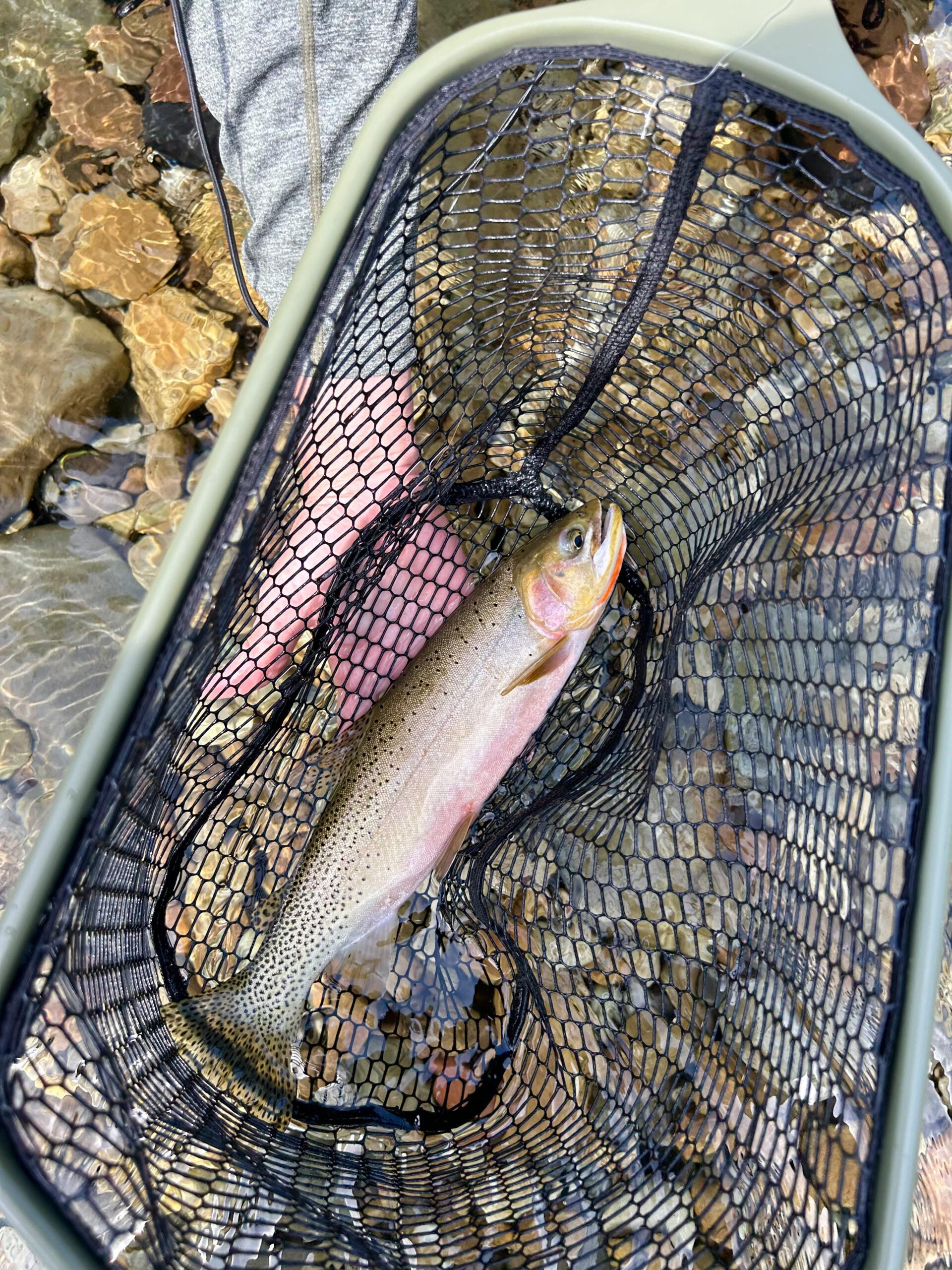Bills CWF has testified on or has tracked this session — all have concluded as follows at session end:
Bill to create study of state trust lands and stewardship trust lands (HB 25-1332) was heard in the House Agriculture, Water & Natural Resources Committee on April 21. CWF testified in support. The bill has passed both the House and the Senate.
Bill was introduced on March 19 to prevent motor vehicle collisions and protect Colorado’s wildlife (HB 25-1303). It will help to fund infrastructure tools at highest risk wildlife highway crossings. Numerous organizations including CWF have been working intensively and effectively for several months to gain this bill. Here is the press release The bill was heard in the House Transportation, Housing and Local Government Committee on April 1. The bill passed with amendments on a 9-4 vote, was moved forward to the House Committee on Finance where CWF testified in support on April 7. The vote was 7-6 in favor, bill passed Finance Committee with amendment, Appropriations Committee and House. Bill was heard April 24 in Senate Finance Committee and defeated on April 29. CWF is very disappointed as are the bill sponsors Senators Roberts and Winters. The sponsors have committed to bring back a bill in the 2026 session.
CWF testified in support of the bill to continue the Colorado Habitat Stamp program (SB25-049). It is a clean bill that will remove the sunset and continue this important program indefinitely. The program began in 2006 and has operated smoothly, investing funds generated from the annual purchase of the habitat stamps into strategic investments to benefit wildlife habitat and access to habitats through landowner conservation easements, public easements and fee title transfers. The bill passed out of the Senate Agriculture & Natural Resources Committee on a 6-1 vote, passed the Senate, and House Committees, and House Floor. Bill passed April 30.
CWF testified in support of local government review of fencing projects on Sangre de Cristo land grant lands in the San Luis Valley that are planned to be at least five feet in height and exceed a specified length. (HB 25-1023). Although CWF traditionally does not weigh in on private property matters, this bill is important as local government review would likely enable elk, deer and pronghorn on these lands to continue safely crossing fences that lie along their established local migration routes and habitats. The bill passed out of the House Agriculture, Water and Natural Resource Committee on a 11-2 vote. The bill passed the House with amendments, Senate with amendments and House concurred with Senate amendments. Bill has passed.
Another bill would classify bison that wander into Colorado from Utah as big game (SB 25-053). Currently, all bison are classified as agriculture. CWF testified in support the bill conditioned on adoption by the Senate Agriculture & Naatural Resources Committee of the amendments proposed by the Department of Natural Resources. The amendments were adopted on the House Floor. The bill has passed and awaits signature of the Governor.
“Scientific Wildlife Management” (HB 25-1258) was introduced in the House and was postponed indefinitely after losing in committee March 6. CWF opposed the bill and strongly supports the use of sound science in Colorado Parks and Wildlife (CPW) administration of wildlife management. Unfortunately, this bill is a thinly veiled bill aimed at reducing Colorado’s long history of utilizing hunting and angling as a primary wildlife management tool by changing the requirement that CPW “shall” use hunting and angling as a wildlife management tool to a reduced standard of “may.” It undercuts CPW’s ability to determine what constitutes the best available science and to use their own data and research. Currently, CPW faces no limitations on its ability to use a wide range of wildlife management tools for the benefit of all of Colorado’s wildlife including threatened and endangered species. The bill does not specify what constitutes best available science nor who shall make that determination. It does not recognize the value of data collected and interpreted by CPW’s professional field biologists and researchers. The bill could inadvertently stifle advancement of wildlife science and the application of scientific hypothesis. The best available science available today was only an idea yesterday. Reducing the role of hunter and angler harvest may result in revenue losses to CPW, which is largely funded by license sales. The bill was postponed indefinitely on March 6.
